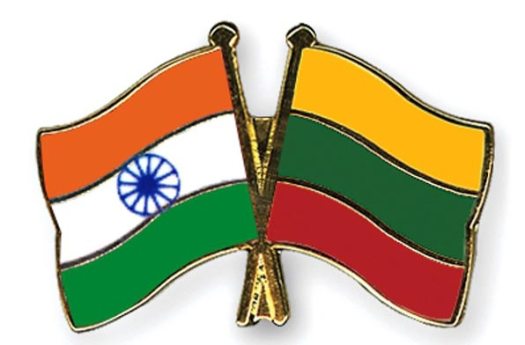
The Union Cabinet chaired by the Prime Minister, Shri Narendra Modi has approved the signing and ratifying of the Extradition Treaty between the Republic of India and the Kingdom of Belgium.
Salient Features
The following are the salient features of the Treaty:-
- Obligation to Extradite
Each Party agrees to extradite to the other any person found in its territory, who is accused or convicted of an extraditable offence in the territory of the other Party.
- Extraditable Offences
An extraditable offence means an offence punishable under the laws of both the Parties with imprisonment for a period of one year or more severe punishment. Where extradition is sought in respect of a convicted person, the duration of the sentence remaining to be served must be at least six months at the time of making the request. Offences relating to taxation, or revenue or is one of a fiscal character also fall within the scope of this Treaty.
- Mandatory grounds for Refusal
Under the Treaty, extradition shall be refused if:
- the offence involved is a political offence. However, the Treaty specifies certain offences, which will not be considered as political offences.
- the offence for which extradition is requested is a military offence
- the request for prosecution has been made for the purpose of prosecuting or punishing the person on account of his race, sex, religion, nationality or political opinion.
- the prosecution of enforcement of sentence has become time barred.
(iv) Extradition of Nationals
Extradition of nationals is discretionary. The nationality will be determined at the time the offence was committed.
Important Features
The Treaty inter-alia also contains provisions on:
- Assurance in case of Capital punishment (Article 3 (7))
- Central Authorities (Article 6)
- Surrender (Article 11)
- Handing over of Property (Article 18)
- Transit (Article 19)
- Protection of Personal Data (Article 21)
- Expenses incurred in extradition (Article 22)
- Consultations (Article 24)
- Mutual legal assistance relating to extradition (Article 25)
- Entry into Force Amendment and Termination of the Treaty (Article 26)
Benefits
The Treaty would provide a legal framework for seeking extradition of terrorists, economic offenders, and other criminals from and to Belgium. After ratification, the Treaty will enter into force from the date of exchange of instruments of ratification between India and Belgium.
Background
The new Extradition Treaty will replace the pre-Independence Extradition Treaty between Great Britain and Belgium of 1901 that was made applicable to India through the exchange of Letters in 1958 and is currently in force between the Republic of India and the Kingdom of Belgium. Due to the present procedural requirements and the fact that only limited number of offences are listed under the pre-Independence Treaty, the same has become obsolete in today’s context.
";
